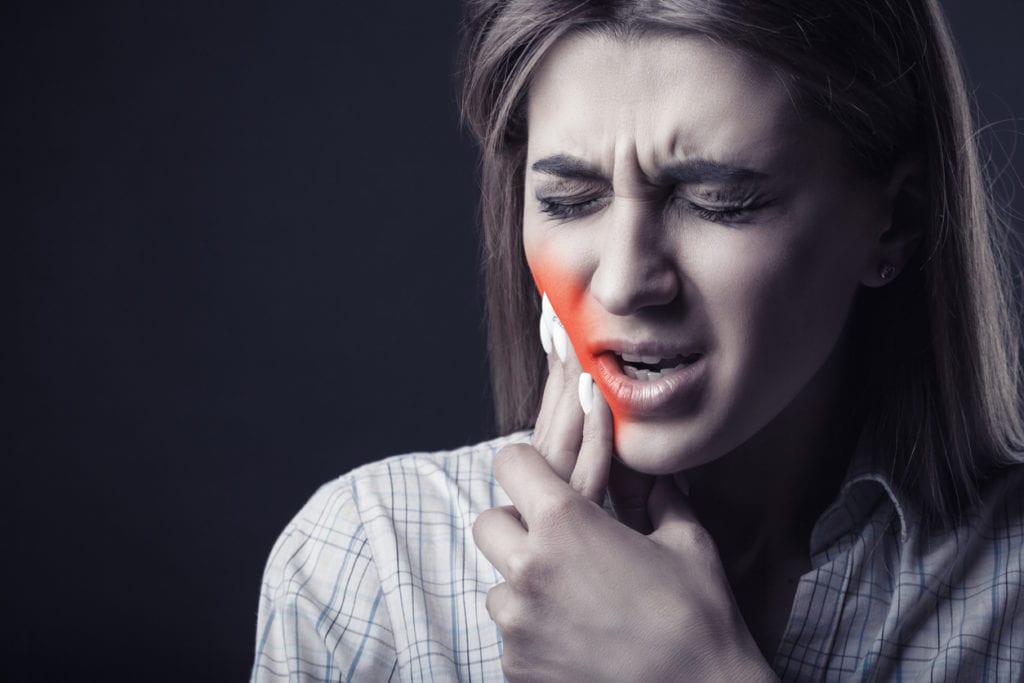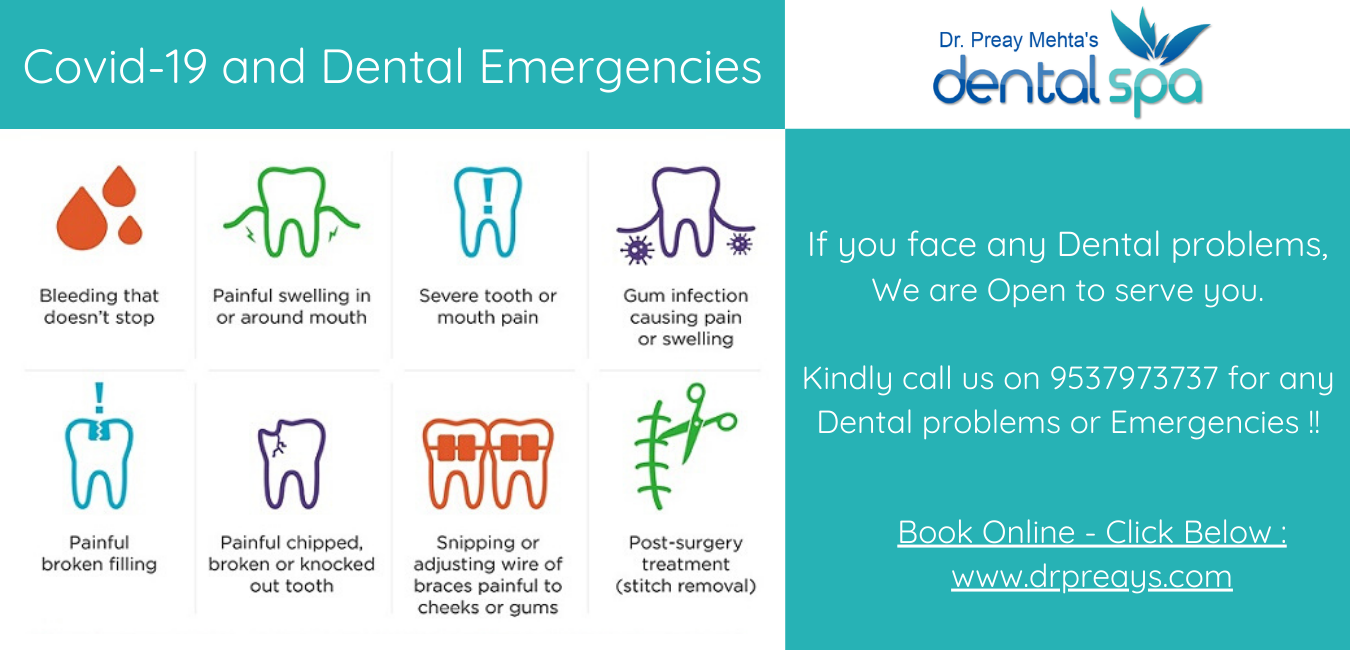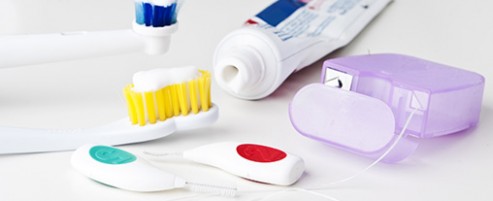How to avoid Tooth Pain and manage Dental problems at home during Corona Virus – Dentist in Vadodara
Dental emergencies can happen at the worst of times, and can be very distressing. With the Coronavirus (COVID-19) worldwide pandemic, dental pain and emergencies can be all the more alarming for patients.
Our Principal Dentist - Dr Preay Mehta has put together some tips and advice, to give you a better understanding of what a dental emergency is, and how to deal with them in case you can’t come in to see our Dental Clinic in Vadodara, India. We want to assure you that we will still be available to provide an emergency dental service for our patients, as we understand that emergencies will continue to happen over the next few months irrespective of viruses but we hope this blog will provide some helpful information.
This post is very much a guide and every patient’s case is different so if you have any concerns or are unsure, please call the clinic on +91-9537973737 or email drpreay@gmail.com to speak to a dental professional.
Here are a few things you can try to help manage pain from teeth, gums, ulcers and/or broken teeth until you can see us:
How to manage pain from teeth while self-isolating?
- Anti-inflammatory tablets (NSAIDs)
Anti-inflammatory tablets (NSAIDs) can reduce the sensitivity. A combination of ibuprofen and paracetamol has been found to be beneficial if you can take them both. However, there are some reports that Ibuprofen may increase the symptoms of COVID-19 so Paracetamol alone is probably best if you have symptoms. Make sure you don't exceed the recommended dosage.
Tip: Don't stop taking the anti-inflammatory when the pain stops (or it will come back again).
- Desensitising toothpaste
Desensitising toothpaste such as Sensodyne repair and protect or Colgate sensitive pro relief can help.
- Anaesthetic gel
Anaesthetic gel such as Orajel applied to the area can help to numb the pain.
- Clove Oil
This essential oil can be found in health food stores and you can apply it onto the painful tooth with a cotton bud. This works well if there is an exposed nerve due to deep decay but for it to work, you need to place it onto the exposed nerve.
- Keep your head elevated
Keep your head elevated at night when you lie down to go to sleep, the blood pressure in the tooth can increase which increases pain. An extra pillow can help keep your head elevated when you sleep.
- Saltwater Rinse
Saltwater works to reduce dental bacteria by creating an acidic environment as you swish it around your mouth. It can also help to dislodge bits of stuck food that may be causing pain, helping with managing tooth pain.
- Cold Compress
Sometimes tooth pain can lead to swelling. A cold compress can help reduce your swollen face and can also offer some temporary pain relief. It is especially effective when you have a chipped tooth or one that was knocked loose. However, if red gums and a fever accompany the pain, there may be an infection, and you should immediately get to a dentist.
Tip: Never put heat externally on your face as this can draw the infection into the tissues in your face causing external swellings.
How to manage pain from gums while self-isolating?
If there is bacteria or food debris trapped between the gum and the tooth, this can cause pain.
- Clean the area
Thoroughly clean the area with floss or a te-pe interdental brush. You could put corsodyl gel onto the brush to help clean the area.
- Rinse thoroughly
Rinse thoroughly with Corsodyl mouthwash can help (but Corsodyl will stain your teeth so we don’t recommend this for long term use).
Worried about your gum health?
Corsodyl have created an online gum health test, so you can access your gum health from your home.
How to manage pain from ulcers while self-isolating?
Mouth ulcers can be a sign of underlying medical conditions such as iron deficiency so shouldn't be ignored. Any mouth ulcer which doesn't heal in two weeks should be checked by a dentist.
To reduce the discomfort, you can try:
- Anaesthetic gel such as Orajel, Dologel CT or Bonjela
To help with healing of ulcers, you can try:
How to manage pain from broken teeth while self-isolating?
If a tooth or filling has chipped or cracked, this can cause sensitivity from the tooth being exposed or pain to your tongue from sharp edges.
- de-sensitising toothpaste
The sensitivity can be reduced by rubbing a de-sensitising toothpaste onto the tooth or placing a temporary filling material over the broken corner until a more definitive filling can be placed.
What is deemed a dental emergency?
If you have signs and symptoms of an acute infection such as:
- facial swelling
- trouble breathing
- trouble swallowing
- swelling around your eyes
- suffered trauma and are bleeding from a broken or missing tooth
This requires urgent professional attention.
Our practices will continue to stay open for Dental Emergency only as per advice from the Indian Government and Indian Dental Association.
If you have symptoms of Coronavirus please ensure you let the receptionist know when you call.
The Centers for Disease Control and Prevention (CDC) recommends rescheduling:
- Routine cleanings
- Routine exams for braces
- Treatment of cavities that aren't painful
- Removal of teeth that aren't painful
- Tooth whitening
- Dental Implants with all safety protocols
Even during this outbreak, it's important to maintain good oral hygiene habits. Keep your smile healthy by:
- Brushing twice a day and flossing daily
- Drinking plenty of water
- Limiting sugary foods and keeping a balanced diet
- Avoiding alcohol and tobacco
- Replacing your toothbrush when bristles are worn or frayed or after an illness
Book Online Appointment on www.drpreays.com
#dentistinvadodara #dentalclinicnearme #dentistnearme #rootcanalspecialist #dentalimplantsinvadodara




